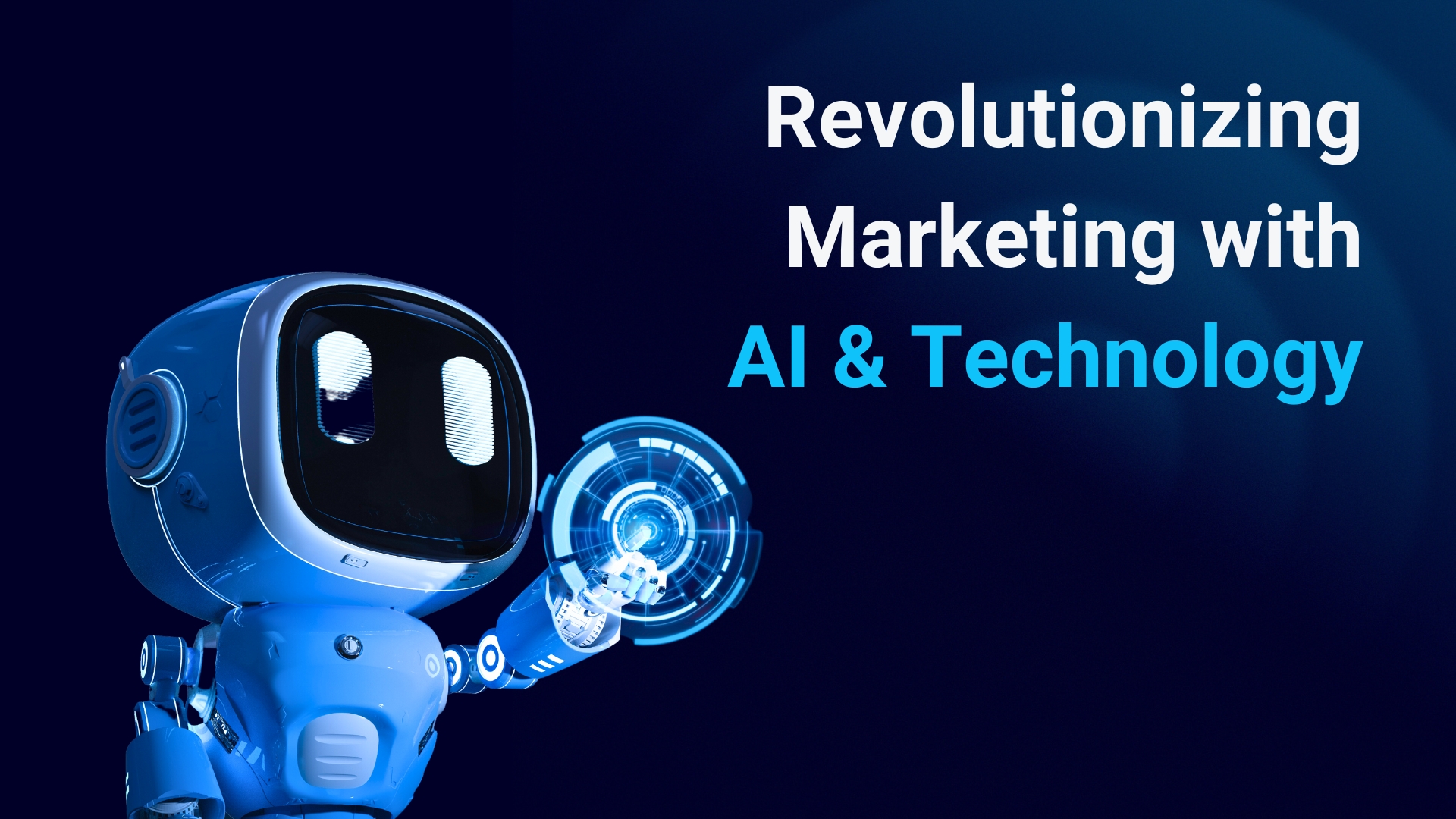In the ever-evolving landscape of marketing, technology is a game-changer. Let’s delve into the ways technology is reshaping the marketing landscape, focusing primarily on the tools that have become essential for marketers, excluding AI for the moment.
Legacy Tools and New Horizons
Before we dive into the world of AI, let’s explore the legacy tools within marketing. These are the trusty companions that have served marketers for years. Tools like CRM systems and others have been the backbone of marketing operations.
However, as marketing continually evolves, so do the tools. Marketers are exploring new avenues and adopting fresh solutions. Here’s a glimpse of some tools that have made a significant impact.
-
Canva: A Creative Powerhouse
One essential aspect of marketing is creating eye-catching visuals and content. In the past, this often involved reliance on creative agencies or in-house design teams. However, Canva has revolutionized this process. It offers an intuitive platform with drag-and-drop features, allowing marketers to design captivating visuals swiftly. With its extensive library and templates, Canva has become a standard tool in the marketing world.
-
HubSpot: A Marketing Swiss Army Knife
HubSpot is a comprehensive tool used by startups and small businesses for various marketing purposes. It serves as a CRM system, email marketing platform, and even supports marketing automation. While some tasks still require manual intervention, HubSpot helps with lead management, contact analysis, and simplifies marketing workflows.
-
Monday.com: Organized Project Management
For effective project management, especially in teams spread across different locations, Monday.com comes to the rescue. It provides a structured platform to organize tasks, assignments, and deadlines. This tool enhances team collaboration, ensuring that everyone stays on the same page without drowning in a sea of messages.
-
WordPress and MailChimp: Reliable Web and Email Platforms
WordPress remains a trusted choice for website development, while MailChimp excels in handling newsletters and creative email content. These tools have stood the test of time, offering reliability and functionality for marketers.
The AI Factor: Striking the Balance
As we shift our focus back to AI, an important question arises: how can marketers strike the right balance between automation and personalization in communication with consumers?
-
The Human Touch in Communication
While AI has made strides in mimicking human communication, it still falls short in certain aspects. Many consumers can discern when they are interacting with a machine rather than a human. Trust, especially in complex discussions, is often reserved for human interactions. AI may excel at certain tasks, but for in-depth, meaningful discussions, the human touch remains invaluable.
-
Leveraging AI for Efficiency
AI can be a powerful tool for marketers when used strategically. It can assist in generating initial drafts, conducting market research, and even optimizing content. For instance, AI-driven tools like Opus Clips have streamlined video production by automatically generating clips, suggesting keywords, and optimizing content. While AI can handle repetitive and data-driven tasks, it’s crucial for marketers to review and enhance the output to align it with their brand’s voice and objectives.
-
The Future of AI in Marketing
AI’s role in marketing is bound to evolve over time. While it may not replace human creativity and emotional resonance, it will continue to augment marketing efforts. As AI technology matures, marketers may find it increasingly valuable in generating content drafts, analyzing data, and personalizing marketing campaigns.
The Path Forward: Encouraging AI Adoption
We then look at the adoption of AI tools and technologies within marketing teams. Should this encouragement come from leadership, or should individuals take the initiative?
-
Leadership’s Role in Fostering Curiosity
Leadership plays a pivotal role in fostering curiosity and an openness to AI adoption. Initiatives such as implementing AI tools and showcasing their potential impact can ignite curiosity within the team. Leadership can set the tone and inspire marketing professionals to explore AI solutions.
-
Individual Initiative: Embracing Learning
On the other hand, individual marketing professionals should proactively seek opportunities to learn about AI and its applications in marketing. This self-driven curiosity can lead to a deeper understanding of AI’s potential and how it can be harnessed to achieve marketing goals.
Startup Culture vs. MNC Culture: Navigating the Marketing Landscape
The culture within an organization can significantly influence the adoption of AI and technology in marketing. While both startups and multinational corporations (MNCs) can benefit from these advancements, they often approach them differently.
-
Startup Culture: Agility and Experimentation
Startups are known for their agility and a willingness to experiment with innovative solutions. In this environment, individual marketing professionals often take the lead in exploring and adopting AI tools. The startup culture encourages risk-taking and provides opportunities for marketers to shape the technology landscape within their organizations.
-
MNC Culture: Hierarchical Decision-Making
In contrast, MNCs may have more hierarchical decision-making processes. The adoption of AI tools often requires approval from multiple stakeholders, including senior management. While MNCs may have larger budgets and resources for AI initiatives, the decision-making process can be slower. However, once embraced, AI can be integrated seamlessly into established marketing operations.
Top Skills for Modern Marketers
In a rapidly evolving technological landscape, marketing professionals must stay ahead by acquiring new skills. Here are three essential skills that can make a difference:
-
Financial Acumen: Understanding Budgets and ROI
Marketers need to be financially savvy, understanding how marketing activities impact budgets and return on investment (ROI). Demonstrating fiscal responsibility and the ability to align marketing efforts with financial goals can be a game-changer.
-
Sales Alignment: Bridging Marketing and Sales
Marketing is ultimately about driving sales. Marketers must align their strategies with the sales process, emphasizing how marketing efforts contribute to the bottom line. Understanding the sales funnel and customer journey is crucial.
-
Negotiation and Persuasion: Influencing Stakeholders
In marketing, persuading stakeholders to support your initiatives is paramount. Strong negotiation and persuasion skills enable marketers to gain buy-in from cross-functional teams and secure the resources needed for successful campaigns.
Final Outlook
In conclusion, the marketing landscape is evolving, and technology, including AI, is at the forefront of this transformation. Whether you’re in a startup or an MNC, adopting the right tools and skills is essential for staying competitive. While AI can automate certain tasks, it can’t replace the human touch and creativity that marketers bring to the table. The future of marketing lies in harnessing AI’s potential while retaining the personal and persuasive touch that sets us apart.
Interested in learning more about this? Check out our LinkedIn Live Event where two expert speakers dive deep into this topic!































